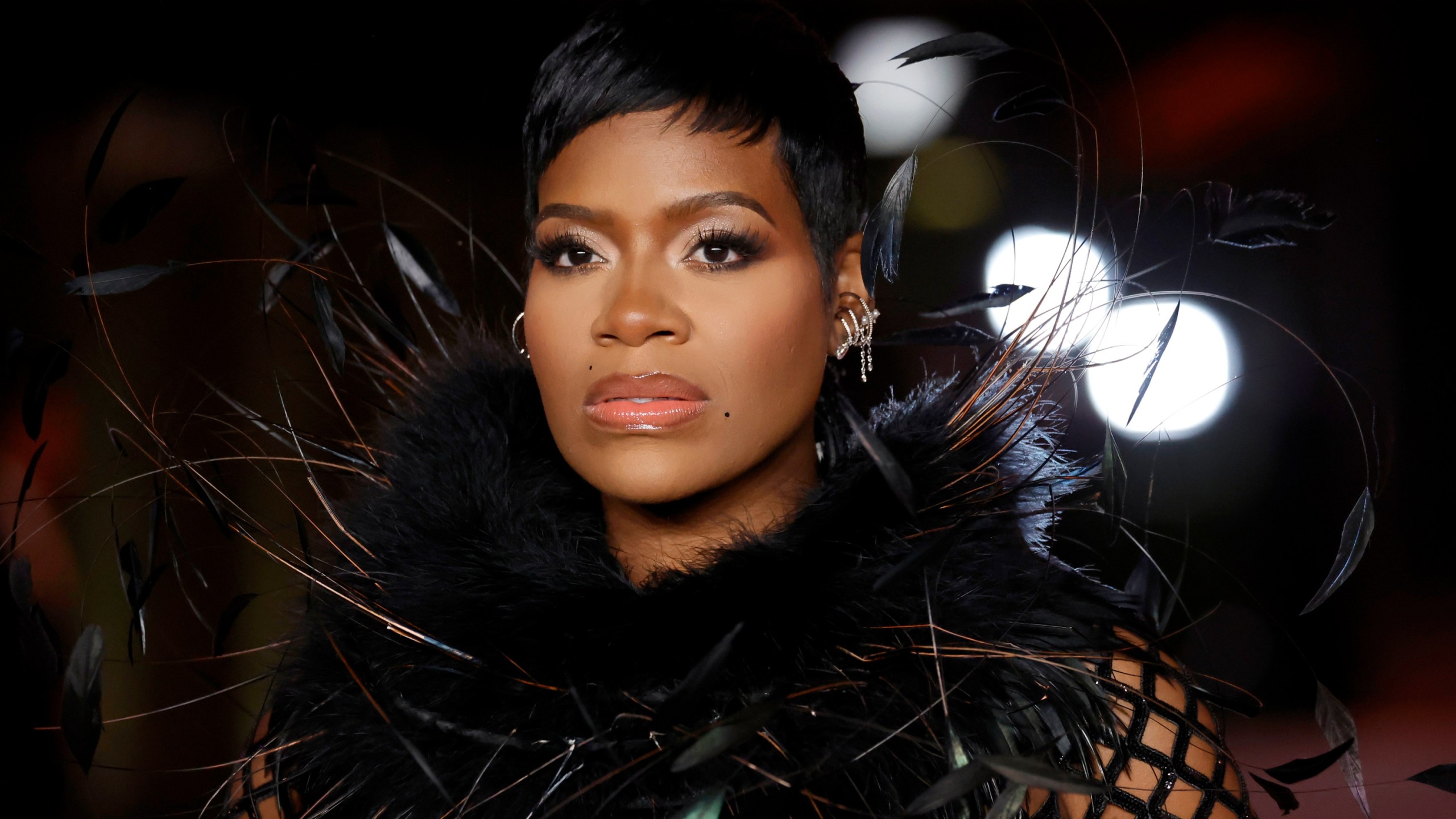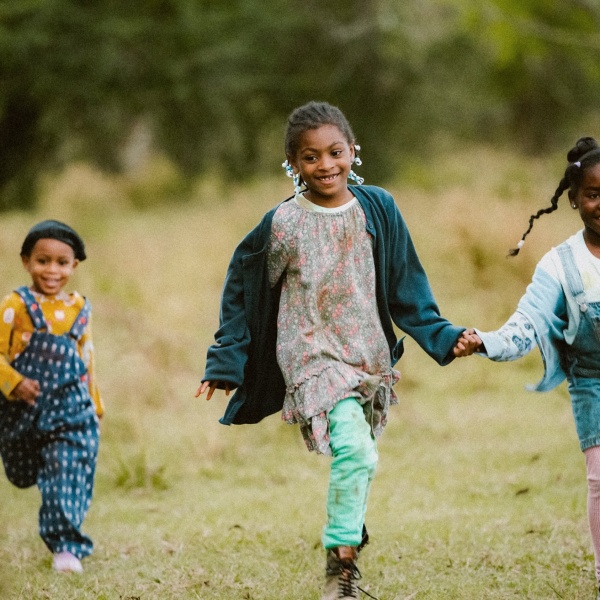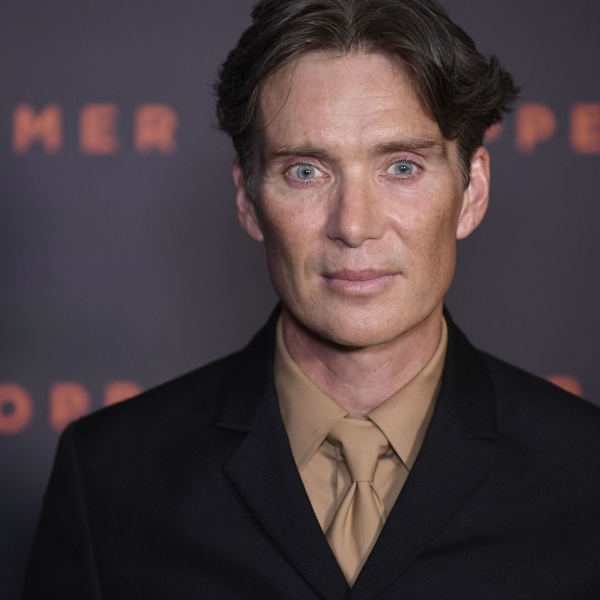
As big a deal as it was to become the first “American Idol” winner on Broadway, Fantasia Barrino looks back on her experience replacing Tony winner LaChanze as Celie in “The Color Purple” with a certain level of sorrow. “No one told me how to come out of the character,” said the Grammy-winning singer and actress to IndieWire. “My life was pretty crazy [at that moment], so I was carrying my cross and Celie’s cross at the same time, and that was overload. That was heavy. And so when I was done with it, I was like, ‘I’m done. I would never do this again. I would never step into her shoes again.’”
Coming up on two decades ago, Barrino became the winner of Season 3 of “American Idol” at only 19 years old. Standing on stage belting “I Believe” as tears streamed down her face, and silver confetti rained down, the young single mother from High Point, North Carolina experienced as close to a fairy tale moment as America had to offer. But Barrino, now bedecked in an impeccably tailored red outfit, one of the many looks of hers during this press tour that have wowed fans, uses the title of her memoir “Life Is Not a Fairy Tale” to sum up what life was like directly after being cemented as one of music and TV’s biggest stars.
“I didn’t have anybody on my side. I had people who believed in me, but it’s a difference when people believe in you, and they truly just love you. You have now walked into a whole new world, and what they see is, ‘How much money can we make?’ And so I feel like I was juggled through the industry for a certain period of time, and things were not good, and relationships were not good. And I didn’t know who I was at some point,” she said. “And so that was rough and rocky… When I was playing Celie at the time, I was like, ‘Get me out of here now. What is happening to me?’”
It took a long time, and a lot of work, but Barrino was eventually able to find stability in her life. She married businessman Kendall Taylor in 2015, and is now raising three children in her native North Carolina. Prior to her ever getting the call to reprise the role of Celie in the movie musical adaptation of Alice Walker’s 1982 novel “The Color Purple,” about a woman able to make it through her life’s intense hardships by finding hope in sisterhood, Barrino was already making moves to shed the burden of her troubled past. “I became shelled up and very overprotective of myself. And I wanted to break free from all of that,” she said. “I had just started doing what we call traumatic therapy because I wanted to be a better mother, be a better wife, and I knew that there were certain things in my childhood that were holding me back and hindering me from doing so. And so traumatic therapy, they take you back to your childhood life and they bring up things you’ve either forgotten or wanted to forget.”
Executive producer Scott Sanders, who also produced the Broadway musical, was not able to convince her to come back for the film adaptation, but did manage to get her to hear director Blitz Bazawule out. “He literally had sketches, voices to it, and he was like, ‘I’m giving Celie an imagination,’” said Barrino of her initial Zoom conversation with the Ghanaian filmmaker. “I was like, ‘I’m in. I’m in.’”
That concept of giving Celie more interiority was the north star guiding her through the role, and what she feels is the key difference between this “The Color Purple,” and any other iterations. “In this movie, he’s giving y’all hope too, for Celie,” said the Golden Globe-nominated actress. “She sees herself in a better place, in a better situation. And I think that’s a lot like real life when it comes to us. When we are going through stuff, we don’t just sit there and stay in it. You try to figure out, ‘Ok, I’ve got to get out of this.’”
It felt truer to her own story. “When [Bazawule] allowed Celie to have an imagination, it made me think, ‘Wow, I remember those dark days and how I got through them.’ I don’t even want to go too deep, but there were times when I just didn’t have it. I lost everything twice. I took care of my whole entire family, and I just kept putting one foot in front of the other, and I kept imagining it’s got to get better,” said Barrino. “I know what I felt as a kid. I know the dreams that I had. I know I didn’t win ‘Idol’ for no reason. I know [God] didn’t bring me this far to leave me. It’s got to get better. It’s got to get better. And I would just imagine myself on better stages. I would imagine myself just in better places. And so I had to be in this time for Celie because I knew that that was going to take Celie to another level.”
However, saying yes to the Warner Bros. Pictures production meant putting a pause on therapy. “I had to let Celie be the young Fantasia’s therapist, so it was a new ride for me. And through all of that, I found that healing for the little girl Fantasia. Grown Fantasia was ok, but there were still some things in my childhood that were holding me back,” she said.

In terms of what ideas Barrino brought to Celie on her own, an important one was how her character held herself. “I did sit at home and say, ‘Her posture has to be different from when I played her on Broadway.’ She’s not slumped over. She’s not weak. A weak person can’t do all the stuff that Celie did. Celie took care of everybody,” she said. “She took care of Mister and children that didn’t even belong to her. She cooked. She cleaned. She grew crops. She was far from weak.” Also, “some of her facial expressions, I will say that I dug back to some of my ancestors, my grandmother. She was our real-life Celie,” said the actress. “So I thought about what I wanted Celie to look like in front of Shug Avery, Mister, old Mister, Harpo, Sofia, the town.”
And of course, lauded soul singer Barrino felt most suited to nail the musical’s signature song “I’m Here” at the climax of the movie, but filming the showstopper took more strength than she realized. “A lot of what you hear in the movie is live and I said, ‘Blitz, there’s no way I can do this live.’ I recorded that 74 times at four o’clock in the morning. And I said, ‘Blitz, you’re going to kill me, man. I can’t do it,’” said the performer.
But then Barrino caught wind of all the cast and crew that were showing up to support her, including co-stars Halle Bailey and Phylicia Pearl Mpasi. “I’m like, ‘Wait, why? It’s four o’clock in the morning. Are they shooting something?’ They said, ‘No, they just came to hear you sing, ‘I’m Here.’ The dancers, male and female, would walk up to me and say, ‘I just want to tell you something. Man, this song is helping me in so many ways,’” she said. “And so I knew that, damn, this is bigger than me. Celie is healing the land.”
Ultimately, there is a metaness to Barrino’s return to the role, where the familiar story gets an added layer of triumph with her in Celie’s shoes under much better circumstances. “I told you, I lost everything twice. I couldn’t even order a pizza then, but I’m all over TV. I could have given up, but I know I couldn’t. Anyone could see me,” said an emotional Barrino in a whisper. Just as she has found strength and kinship from working with Bazawule and co-stars like Taraji P. Henson, Danielle Brooks, Colman Domingo, and Corey Hawkins, she sees the film, which grossed record box office on Christmas Day, as a catalyst for the audience to find the same. “We want to see the world come together. There’s so much going on in the world right now. All we want to do is paint the world purple with a little love and a little healing, a little joy,” said Barrino. “That’s it.”




